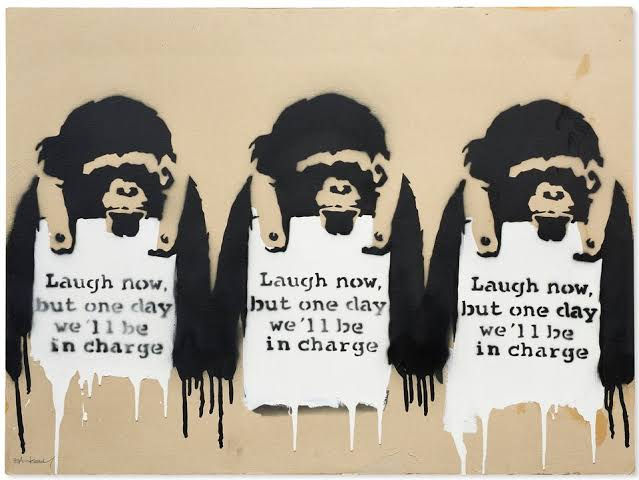Prince's Estate gets favourable order in 'Purple Rain' Trademark opposition at TTAB
- IP News Bulletin
- Sep 7, 2022
- 2 min read
The estate of Prince has won a trademark judgement against an energy drink firm that was also attempting to register the word "Purple Rain" for one of its bottled products.
The estate filed a motion to halt Bang's trademark application since the phrase in question is not only the title of a Prince song from 1984, but also the name of its parent album and a tie-in feature picture.
The US Patent and Trademark Office's Trademark Trial and Appeal Board, which oversees and arbitrates such matters, sided with the Prince estate.
"Prince's estate emphasised in their argument that 'Purple Rain' is not a phrase that is generally used to refer to anything other than Prince's song or his film of the same name." "As a result, Bang's usage of the name would only cause harm to the estate and brand, assuming the two are linked."
The Prince estate's case is based on the fact that the word "Purple Rain" is not a common term in the English language and is closely associated to Prince.
For example, 'Purple Rain' is the most-played Prince song on Spotify, with over 347 million streams to date.
Despite this setback, Bang remained optimistic that a solution could be reached.
Bang Energy CEO Jack Owoc said that the company would not challenge the ruling of the US Patent and Trademark Office. "We deeply respect Prince and his estate and will not 'rain' on their parade," he continued. Perhaps in the future, we can work out an arrangement that benefits both parties."
While this judgement only applies to the United States, it is likely that trademark authorities in other countries will follow suit if Bang seeks to trademark "Purple Rain" outside of the United States and the Prince estate files an objection.
Trademarks can only be obtained for unique phrases or words; words or phrases regarded to be in widespread use cannot be registered. For example, Miles Davis' estate has registered "Bits Brew" and "A Kind Of Blue," while Isaac Hayes' estate has trademarked "Black Moses" and "Hot Buttered Soul."
Trademarks are the most valuable asset for music estates.
Recording and publishing rights, as well as name, picture, and likeness rights (where applicable and depending on the specific US state), eventually enter the public domain.
Trademarks, on the other hand, can theoretically last perpetually as long as they are renewed, maintained, and actively worked. Trademark applications must be filed in certain categories, for certain uses, and in certain markets. This will need a large amount of administration but will be the only thing the estate can retain and provide big cash from numerous generations down the road.
The Prince estate won this case, but that has not always been the case with some of its earlier trademark applications.
Trademarks are not always easy to get, but once obtained, their value is infinite.






Comments